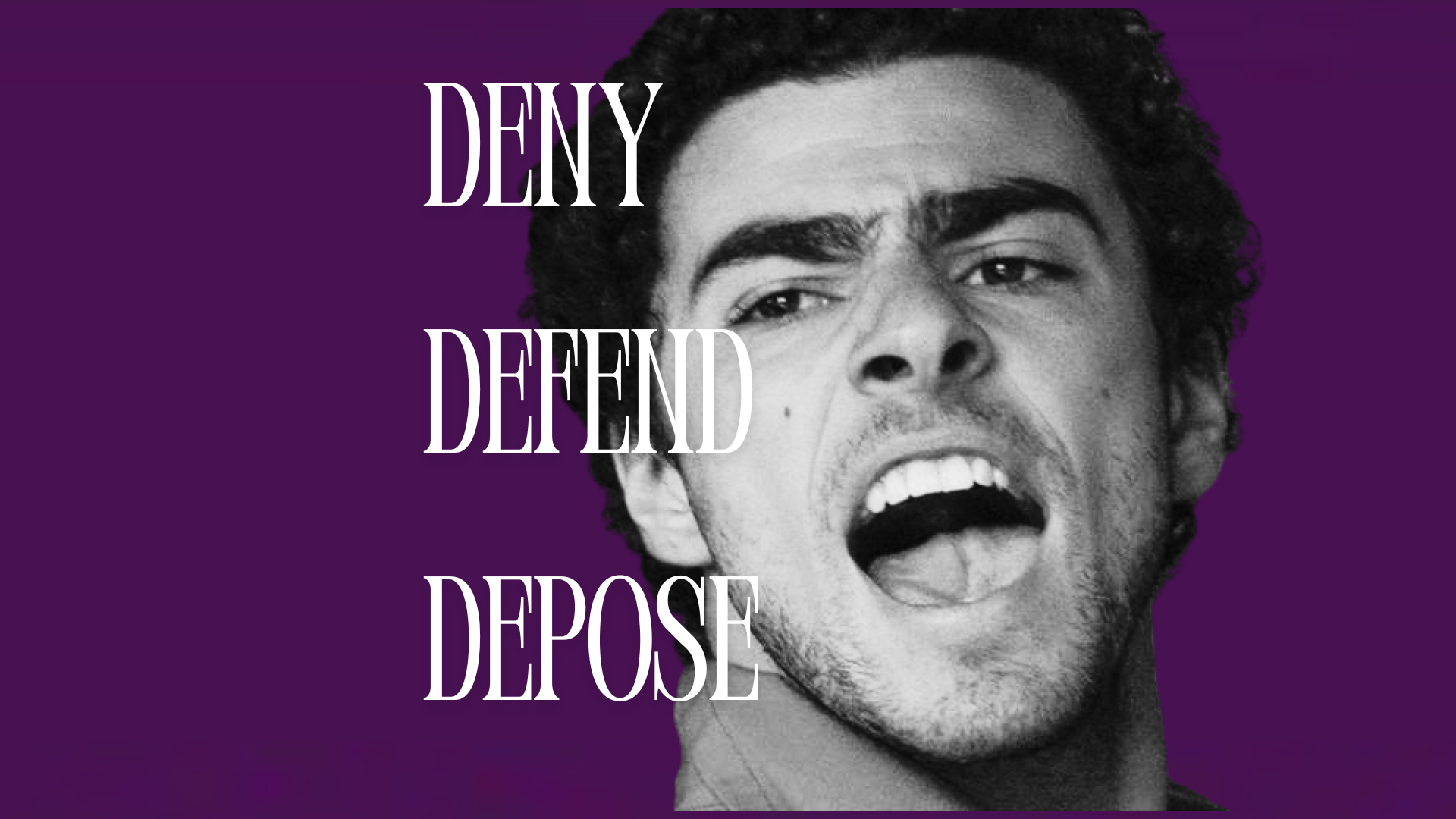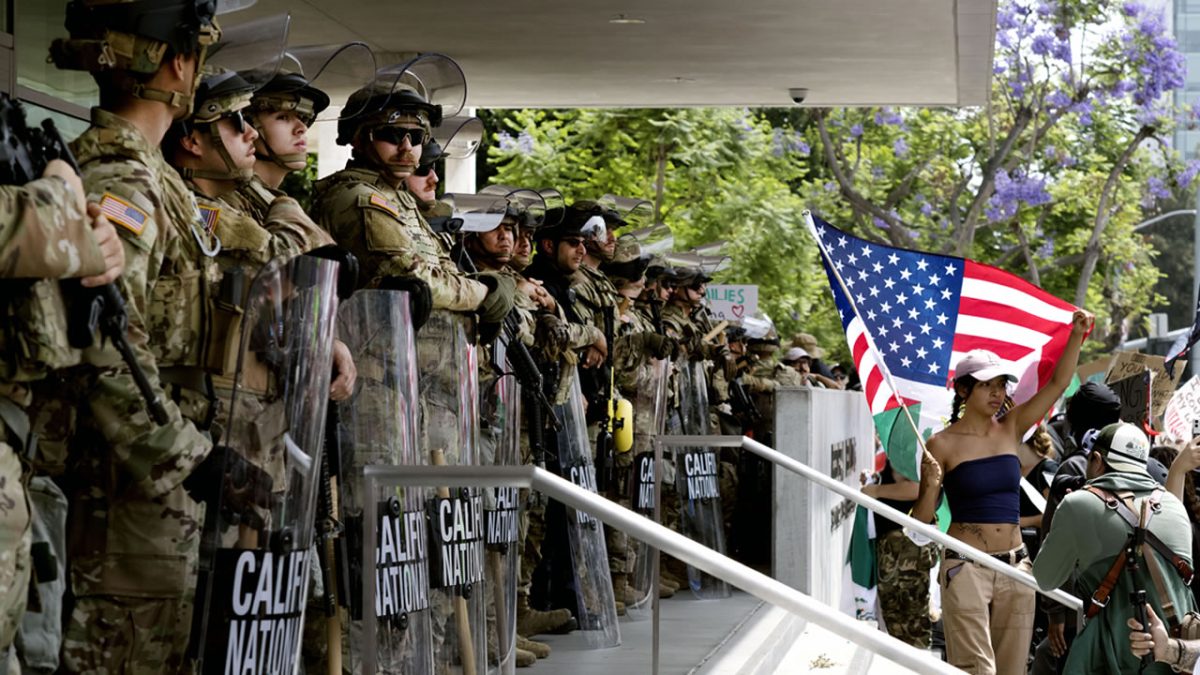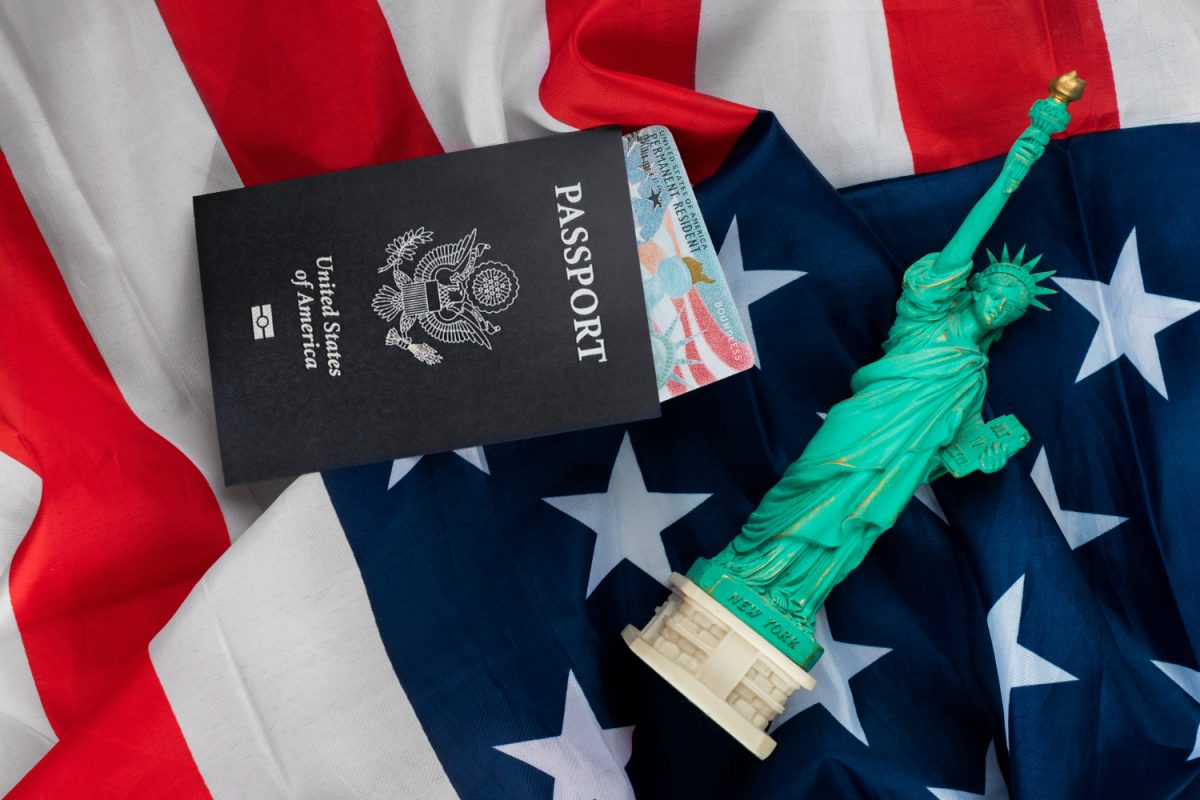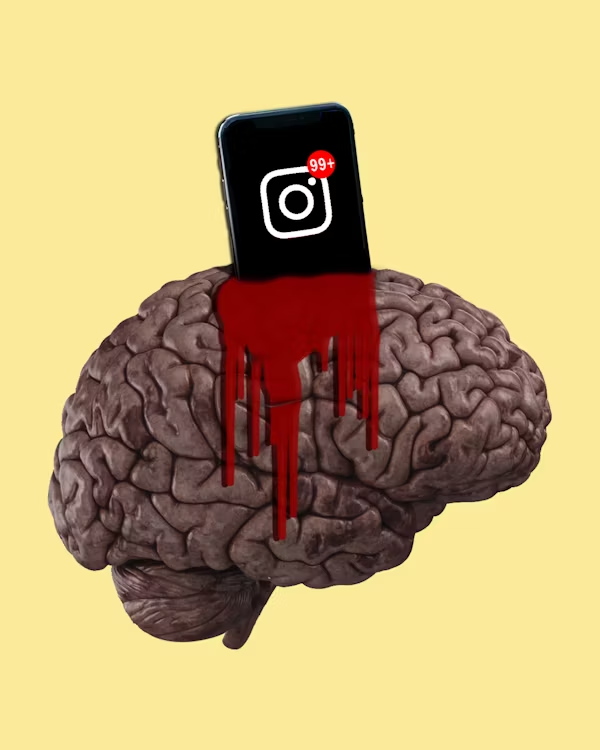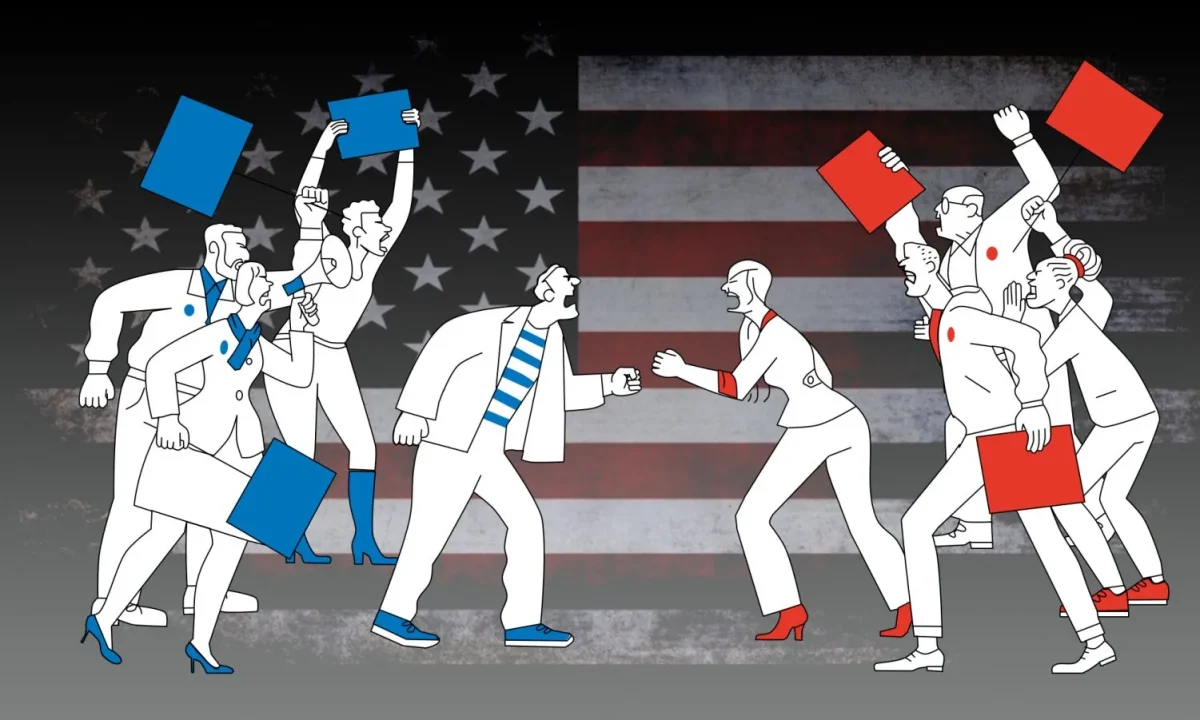Insurance companies have long been criticized for prioritizing profits over people. From denying claims for lifesaving treatments to using legal loopholes to delay payments, the industry has a reputation for putting corporate interests ahead of the needs of its customers. This practice is particularly troubling among working-class Americans, many of whom depend on insurance to access basic healthcare, only to be met with rejection letters and endless red tape.
The roots of this issue lies in the privatized nature of the U.S. healthcare system, a stark contrast to the universal healthcare models adopted by many European nations. Where countries like the UK, France, and Germany provide free or heavily subsidized care to all citizens, Americans are often left at the mercy of for-profit insurers. This privatized model has created a system where the ability to receive medical care depends on income and employment, often leaving the working class without access to healthcare.
UnitedHealthcare CEO Fatally Shot
On December 4th at 6:40 a.m., Brian Thompson, CEO of UnitedHealthcare, was fatally shot by a gunman, later revealed to be Luigi Mangione, outside the Hilton New York Midtown. Thompson, the leader of one of the largest insurance companies serving over 29 million Americans, was on his way to the annual UnitedHealthcare investors conference when the assailant approached from behind and fired.
According to NYPD Commissioner Jessica Tisch, the attack was premeditated. Investigators found bullet casings at the scene with the words “Deny,” “Defend,” and “Depose” etched onto them, referencing criticism health insurers face for their refusal to cover necessary medical care. UnitedHealthcare has faced significant controversy in recent years over its high rates of claim denials. Insurers aren’t required to publicly disclose denial rates, but an analysis conducted by ValuePenguin revealed that UnitedHealthcare denied 32% of claims in 2023 — twice the industry average. Although the company disputed this figure following the shooting, the data has intensified public frustration.
The Legal and Ethical Implications of ‘Deny, Defend, Depose’
In the insurance world, the phrase “deny, defend, depose” is a controversial approach to handling claims. Insurers deny initial claims, defend against lawsuits, and, when necessary, depose policyholders during litigation to protect their financial interests. While this strategy is legal, it has a reputation for creating more struggles for policyholders, many of whom are already navigating dire medical situations.
Many people argue that this system systematically prioritizes a company’s profits over patient care. This approach leads to denied treatments, prolonged appeals processes, and the financial ruin of individuals who believed their coverage would protect them during emergencies.
Search for the Suspect
Authorities were actively searching for the gunman responsible for Brian Thompson’s death, who was rumored to be a hired hitman. After shooting Thompson, the gunman fled the scene using an e-bike as he headed toward Central Park. While there, he removed his distinctive gray backpack and green jacket, abandoning them to blend into the usual crowd.
The gunman’s identity has since then been revealed as Luigi Mangione. The NYPD was able to obtain a surveillance image of his face from the hostel where he stayed. While checking out of his hostel, Mangione and the woman at the front desk had been flirting, which led him to remove his mask to show her his smile, providing the police with the picture circulating.
NYPD traced Mangione’s movements to a month earlier when he traveled from Atlanta to New York City on a Greyhound bus. Investigators believe the weapon used was a B&T Station Six pistol, known for its rarity and natural silencing. NYPD was following a lead in Connecticut, hoping to trace the weapon and its origins to the suspect, but this lead was ultimately stopped when two regulars at a McDonald’s in Pennsylvania saw the suspect eating hash browns in the corner of the establishment.
Mangione’s cunning escape reached a wall as he sat in a McDonald’s in Altoona, Pennsylvania. Mangione was found with a 3D-printed pistol, a loaded Glock magazine, and a 3D-printed silencer in his backpack—items consistent with the weapon used in the murder of UnitedHealthcare CEO Brian Thompson, according to police.
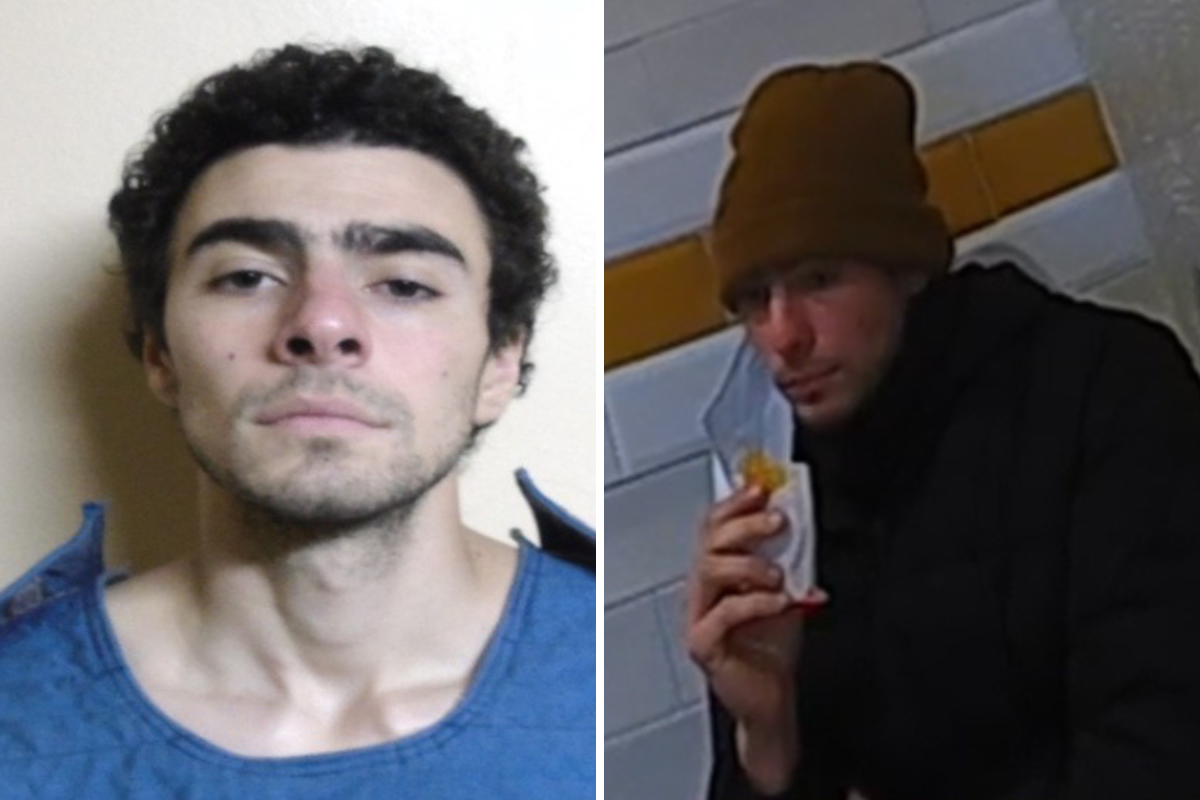
Mangione graduated as valedictorian of his high school class in 2016 and later earned his degree from the University of Pennsylvania in Computer Science. He is from a wealthy family and is the heir to their real estate empire established by his grandfather. From country clubs to radio stations, Mangione’s family holds significant influence in his hometown. Their extensive roots in the medical field include million-dollar donations to foundations and ownership of senior living companies, where Mangione himself volunteered.
A Climate of Fear and Change
The murder of UnitedHealthcare CEO Brian Thompson has sent shockwaves through the corporate world, instilling a sense of fear among top executives. According to HealthCare Dive, many companies are taking down online profiles of their top executives as CEOs scale back their public presence in an effort to avoid being targeted.
Social media users have used the incident to highlight broader societal grievances. Comments such as “thoughts and prayers are out of network” and “is it medically necessary to arrest him?” are less about humor and more about a growing frustration with corporate policies that many feel exploit the working class.
This tragic event is the tipping point, sparking a new era for corporations. Blue Cross Blue Shield, for instance, has already backtracked on a controversial anesthesia policy following widespread outcry. Similarly, McDonald’s, listening to its thousands of consumers, has announced the return of the Snack Wrap. These changes, while seemingly minor, signal a larger shift.
While the murder of Brian Thompson remains a grim and unacceptable act, its ripple effects are undeniable. This could mark the beginning of a revolutionary societal change where the public eye holds more sway than ever before, reshaping the dynamics between corporations and the communities they impact.

